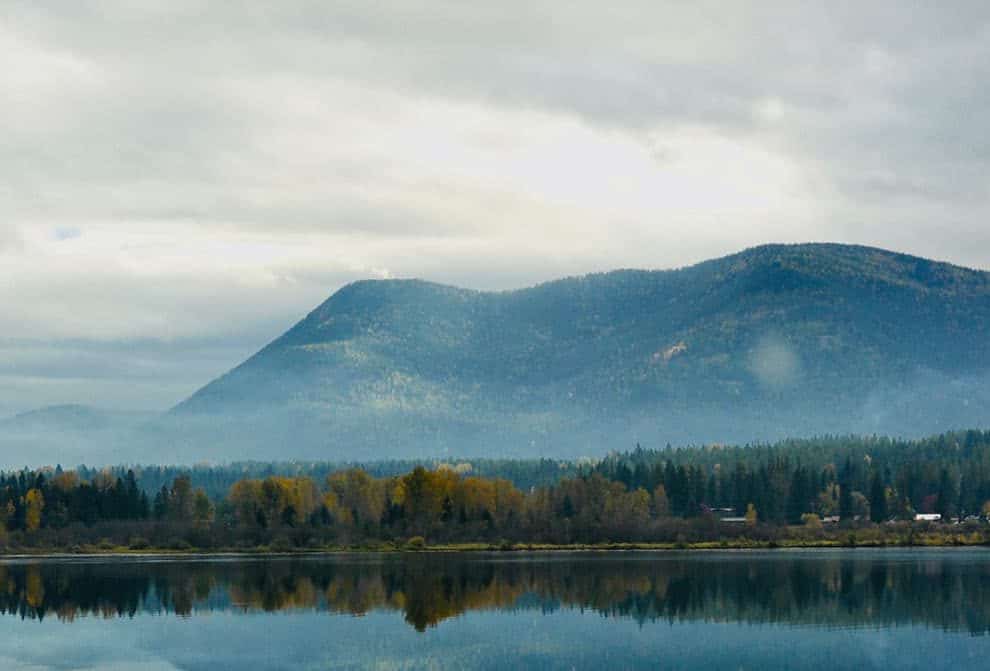For people living on tribal land throughout the US, figuring out in which court a legal case will be heard can be confusing. A dizzying array of treaties, federal laws and case law determine where a case will be heard and even, in criminal cases, what charges will be filed. In many cases, such as those involving crimes in which the defendant is not a tribal member, the federal government, and not the tribe, has jurisdiction, meaning the case will be heard in the nearest federal courthouse, which in Montana are located in Billings, Butte, Helena, Great Falls, and Missoula. For defendants, victims, and witnesses living on tribal land, this can mean they have to travel hundreds of miles in order to appear in court.
Cara Bayles recently explored this issue for the website Law360, writing that this system of determining jurisdiction creates additional barriers for tribal members seeking to access the court system. MLSA's Indian Law Attorney Kate Seaton shared her own perspective on the issue with Bayles:
"There’s a Catch-22 to federal jurisdiction, said Kate Seaton, an attorney with Montana Legal Services Association. Some victims want to testify and attend hearings, but it’s a financial hardship. Other domestic violence victims want might want to reconcile with a partner to ensure their children have housing and food. It may be easier for them to speak up when their cases are prosecuted locally, Seaton said.
'It’s hard for that victim to engage in advocacy on their own behalf in the federal system because it’s intimidating, or they don’t know who to contact or they don’t trust those people because they’re not a part of their community,' Seaton said."
To read more about the impact this issue can have on people living on tribal land, click here.

